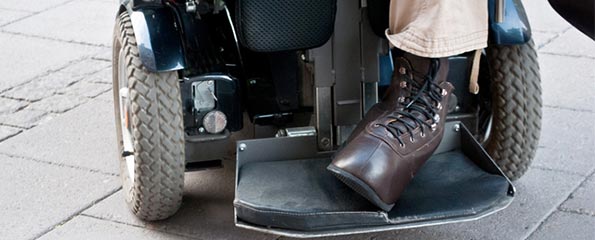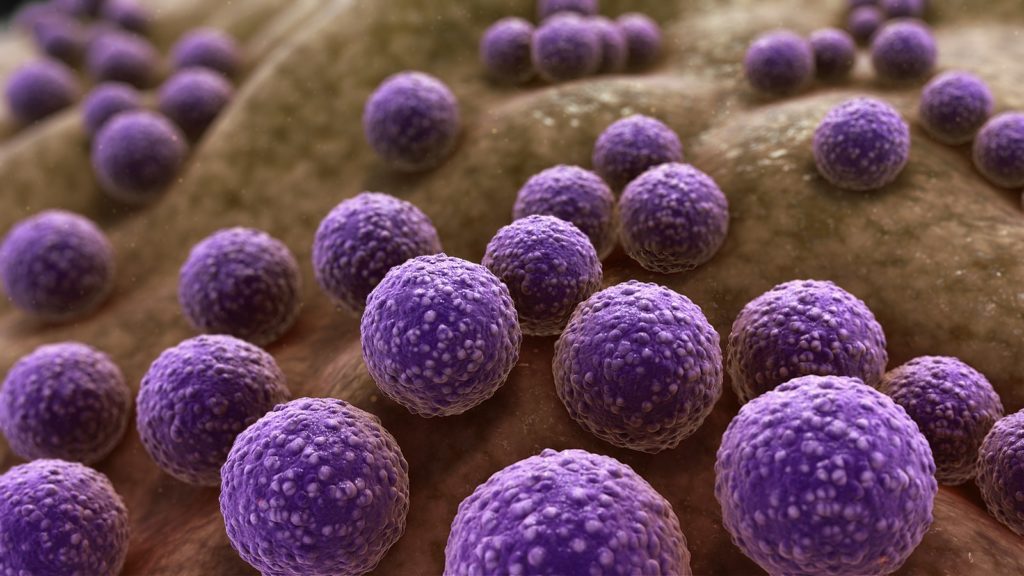Purpose
This study will compare the effectiveness of anti-HIV drug regimens with or without a protease inhibitor (PI) in HIV infected adolescents. It will also determine if monitoring drug levels and adjusting the dose as necessary improves the effectiveness of these regimens.
Purpose This study will compare the effectiveness of anti-HIV drug regimens with or without a protease inhibitor (PI) in HIV infected adolescents. It will also determine if monitoring drug levels and adjusting the dose as necessary improves the effectiveness of these regimens. Condition: – HIV Infections Study Type: InterventionalStudy Design: Treatment, Randomized, Open Label, Active Control, Parallel Assignment, Efficacy Study Official Title: A Comparative Trial of Protease-Containing and Protease-Sparing HAART Regimens in HIV-Infected Adolescents With an Evaluation of Therapeutic Drug Monitoring Further Study Details: HIV infected adolescents may have a significantly higher capacity for immune reconsitution following highly active antiretroviral therapy (HAART). Despite this advantage, HIV infected adolescents are often reluctant to get proper medical care, follow through with doctor appointments, and adhere to medication schedules and regimens necessary to keep the infection under control. Lopinavir/ritonavir, a PI, and efavirenz, a non-nucleoside reverse transcriptase inhibitor (NNRTI), both have long half-lives that make them ideal drugs for the adolescent population, as they are more forgiving if patients miss or sleep through doses. This study will examine the effectiveness of two HAART regimens, one with the protease inhibitor lopinavir/ritonavir and two nucleoside reverse transcriptase inhibitors (NRTIs), and the other with the NNRTI efavirenz and two NRTIs. The efficacy of therapeutic drug monitoring (TDM) and subsequent dose adjustment will also be assessed with both regimens. Patients will be enrolled in this study for 96 weeks (slightly less than 2 years) and will be randomly assigned into one of two groups. Group 1 will receive lopinavir/ritonavir and 2 NRTIs; Group 2 will receive efavirenz and 2 NRTIs. All patients will be independently and simultaneously randomly assigned to receive either TDM with subsequent dose adjustment if necessary or no TDM or dose adjustment. Patient medical history and physical exam will be conducted at screening, entry, and Weeks 2, 4, 16, 32, 40, 48, 60, 72, 84, and 96. Blood work will be completed at screening, entry, and Weeks 2, 4, 8, 16, 24, 32, 40, 48, 60, 72, 84, and 96. Self-reported pill counts and MEMS TrackCap readings (on lopinavir/ritonavir and efavirenz bottles) will be noted at Weeks 2, 4, 16, 32, 48, 60, 72, 84, and 96. Adherence Questionnaire Modules 1 and 2 will be given to patients at selected visits. Patients enrolled in PACTG 390 (Different Combination Regimens and Treatment-Switching Guidelines in HIV Infected Children 18 Years of Age and Younger) are encouraged to co-enroll simultaneously in this study and in PACTG 219C (Long-Term Effects of HIV Exposure and Infection in Children). Eligibility Ages Eligible for Study: 13 Years – 23 Years, Genders Eligible for Study: Both Criteria Inclusion Criteria:HIV infected HIV RNA 10,000 copies/ml or more at screening Weigh 35 kg (77.2 lbs) or more ART naive or received a single regimen of combination therapy consisting of NRTIs with or without a single PI (except lopinavir). Zidovudine monotherapy during pregnancy or use of low-dose ritonavir as a PI boost are not excluded. For PI experienced patients, have sensitivity to lopinavir at screening Able to receive, as part of background ART chosen by their physician, at least one new NRTI that is likely to be active against the patient’s virus and unlikely to have cross-resistance with previously used NRTIs Not pregnant at screening Willing to use acceptable forms of contraception Parent, legal guardian, or patient informed consent, where applicable Exclusion Criteria:Prior receipt of any NNRTI or lopinavir Use of certain medications Grade 3 or 4 clinical or laboratory toxicity as defined by the Division of AIDS Toxicity Table for Grading Severity of Pediatric Adverse Effects Chemotherapy for active malignancy Acute opportunistic or serious bacterial infection requiring therapy at study entry Investigational treatment within 30 days of study entry Score of 20 or more on Beck Depression Inventory (BDI-II) or suicidal thoughts on BDI-II (score of 2 or 3 on Question 9), regardless of total score Pregnant or breastfeeding Expected Total Enrollment: 240(Source: Margarita Silio, MD, Study Chair, Tulane Medical Center, Russell Van Dyke, MD, Study Chair, Tulane Medical Center, March 2004)
All content and media on the HealthEngine Blog is created and published online for informational purposes only. It is not intended to be a substitute for professional medical advice and should not be relied on as health or personal advice. Always seek the guidance of your doctor or other qualified health professional with any questions you may have regarding your health or a medical condition. Never disregard the advice of a medical professional, or delay in seeking it because of something you have read on this Website. If you think you may have a medical emergency, call your doctor, go to the nearest hospital emergency department, or call the emergency services immediately.







